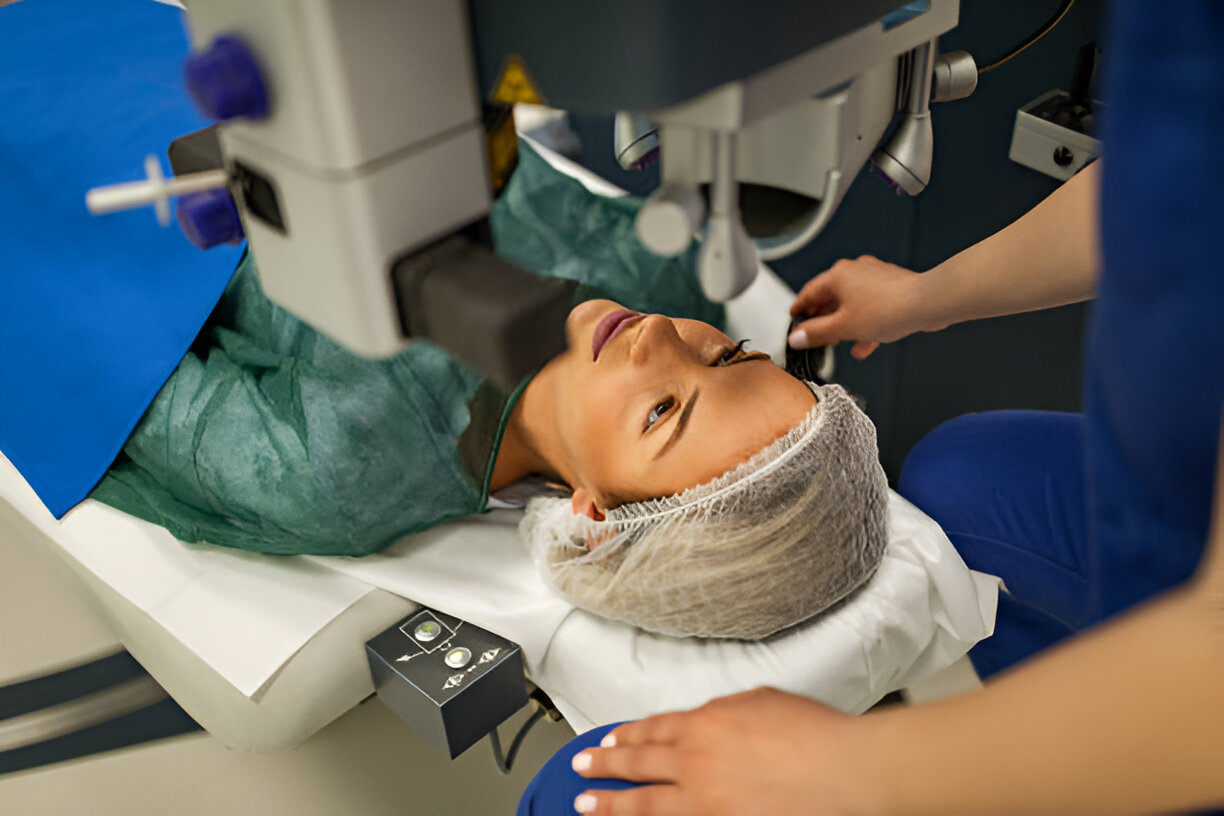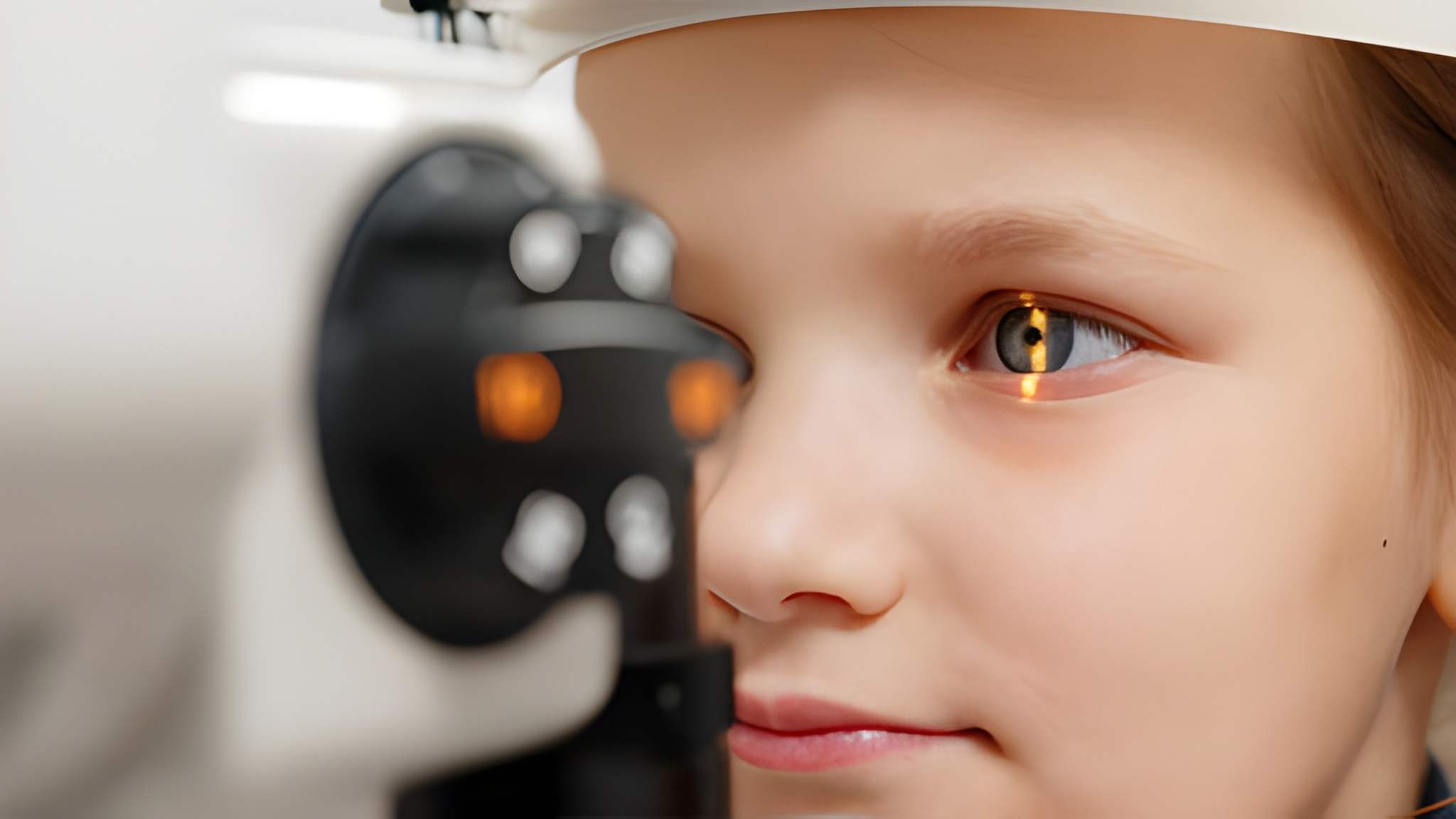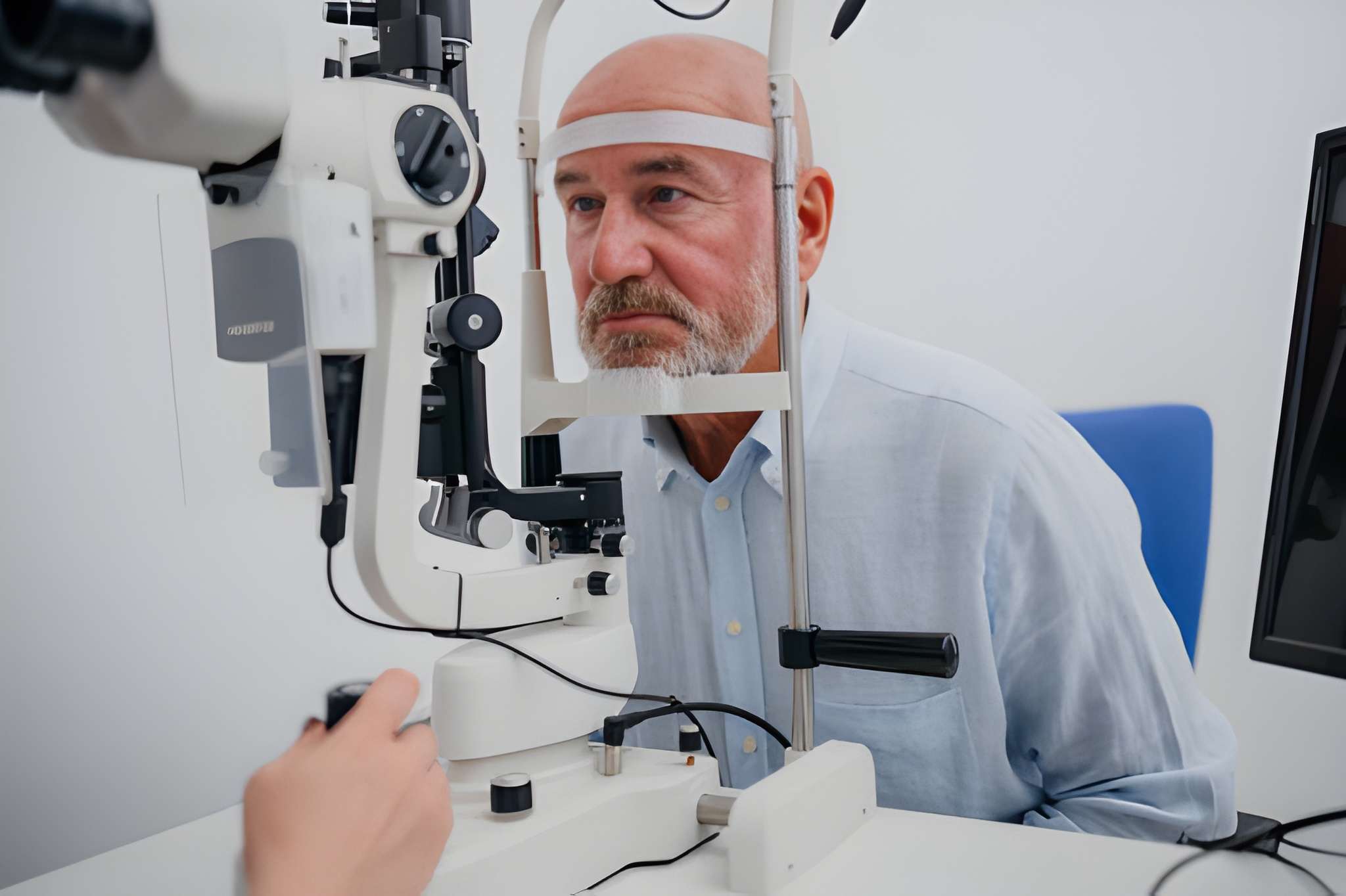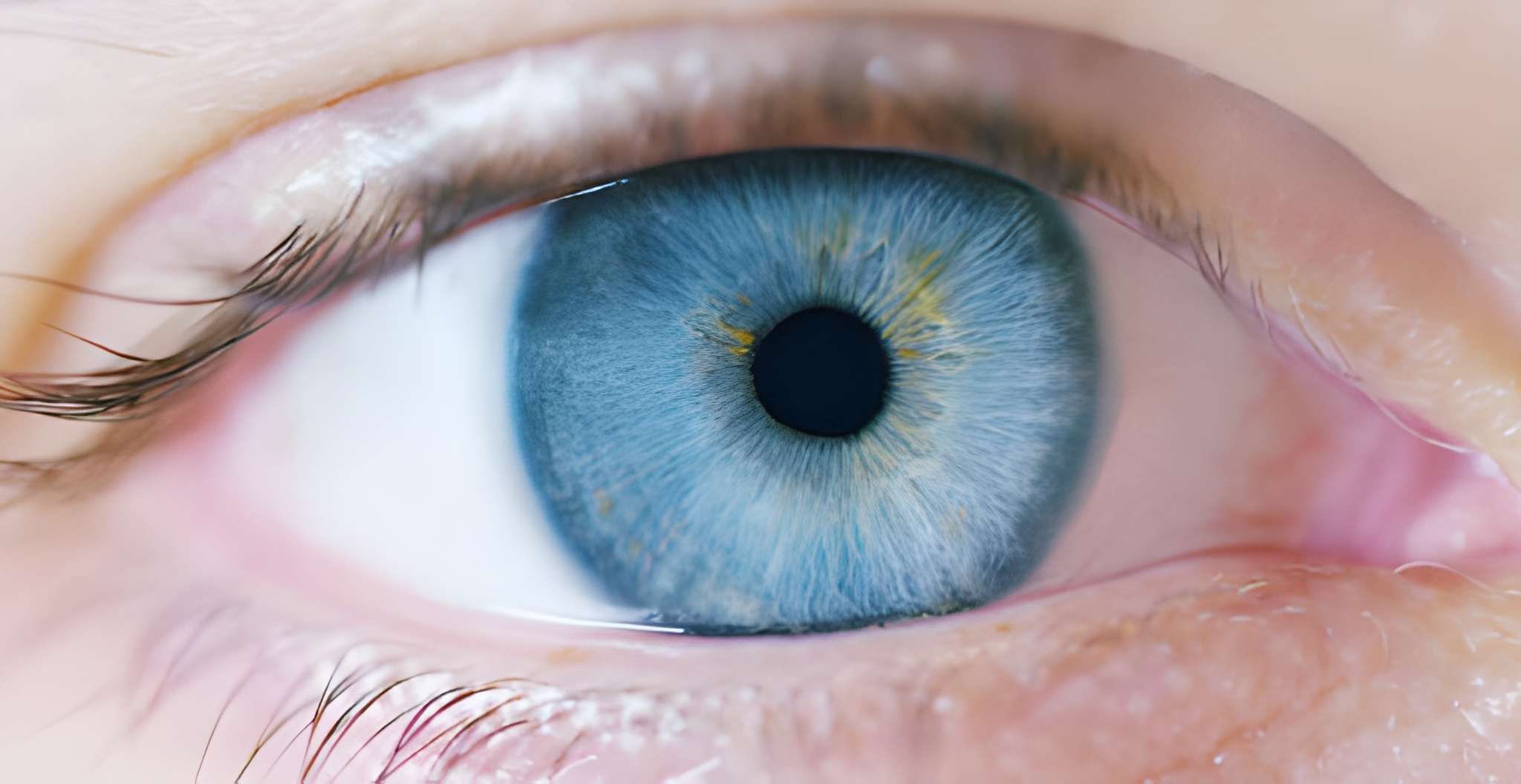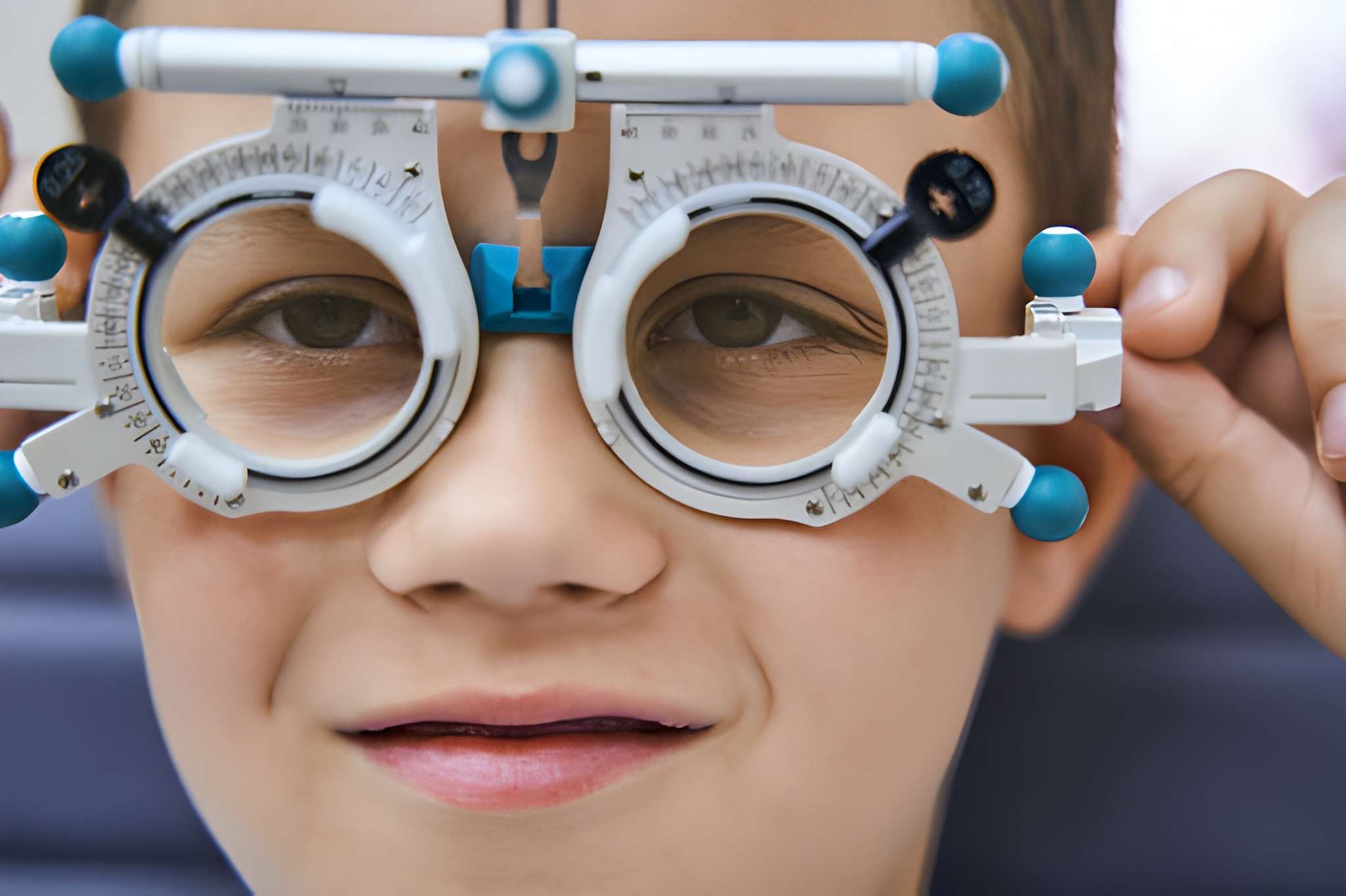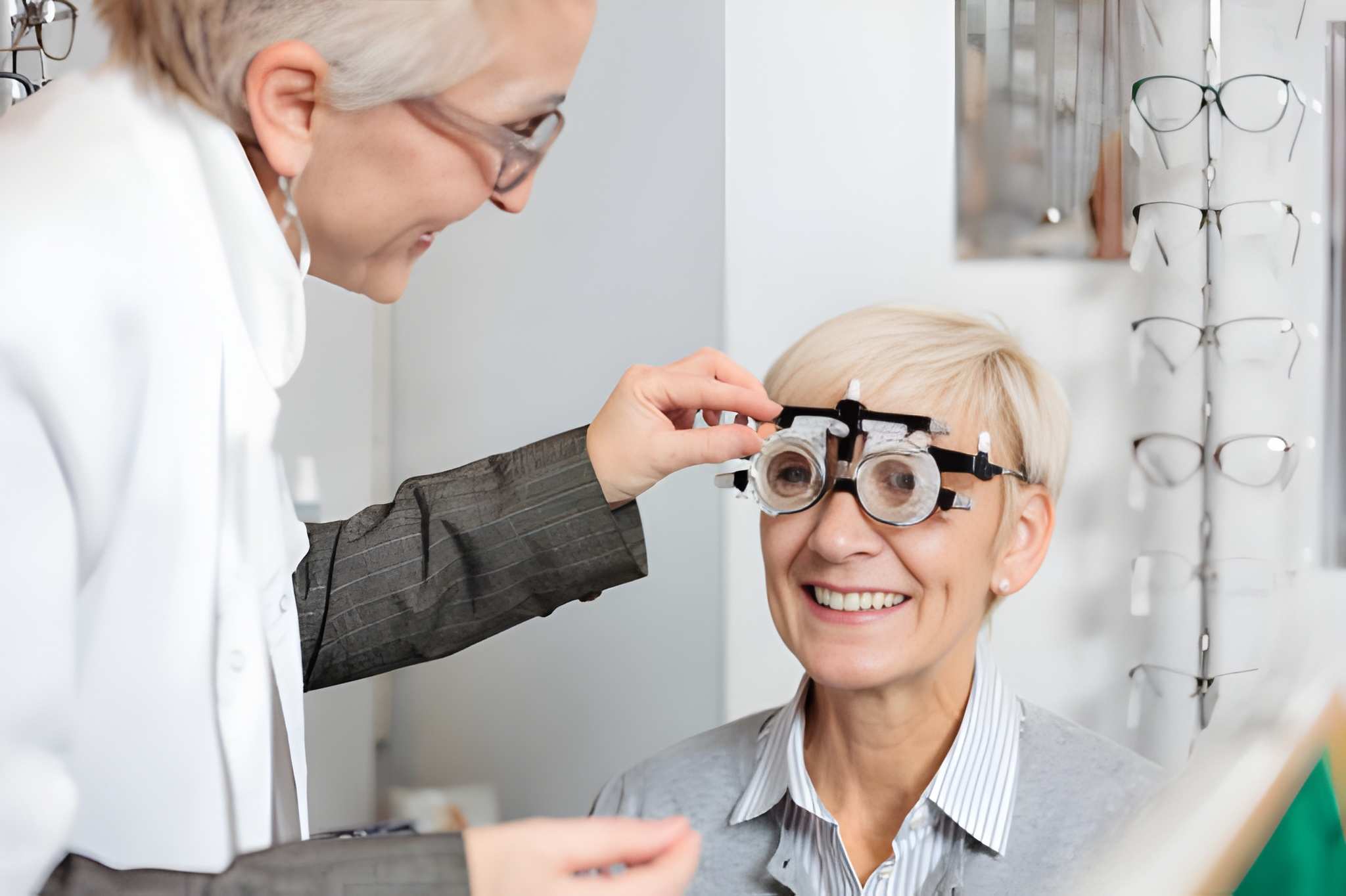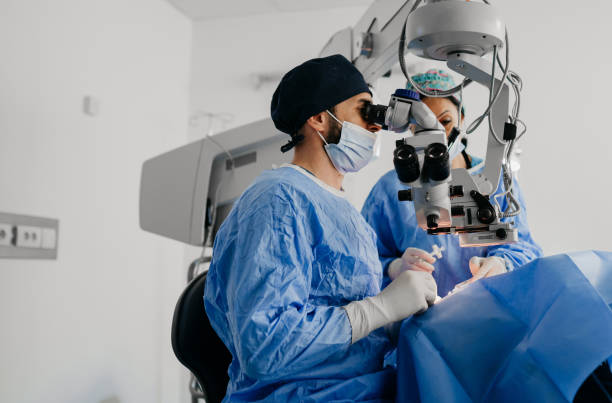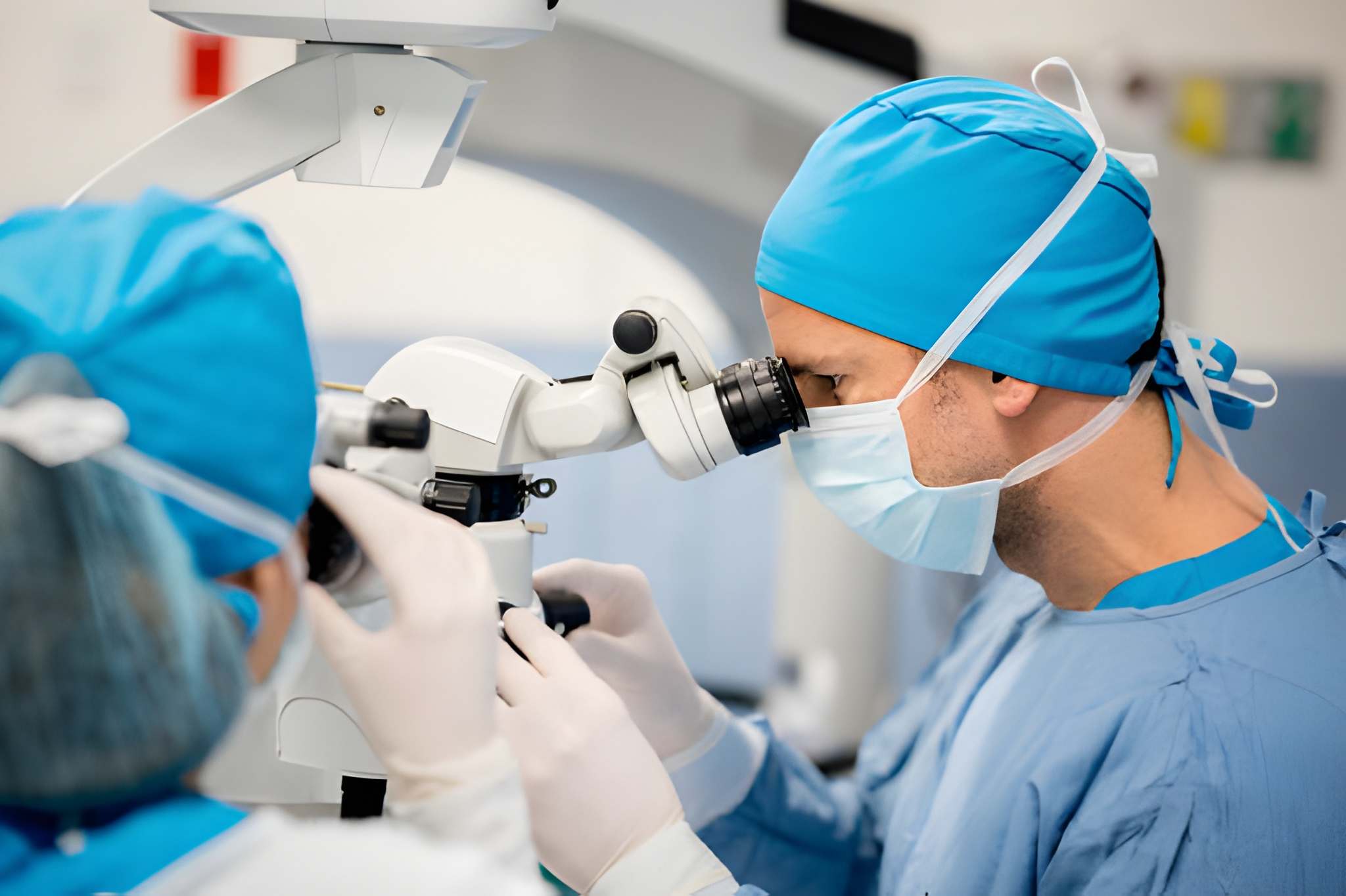Yes, are you awake during cataract surgery — most patients are awake but comfortable. The eye is numbed using local anaesthesia, so there is no pain. Some patients may receive mild sedation to help them relax.
Many people ask when you have cataract surgery are you awake or are you asleep for cataract surgery. This is a very common concern before treatment. Cataract surgery is usually done while you are awake, with the eye fully numbed. Understanding the process helps reduce anxiety and prepares you for what to expect.
What Is Cataract Surgery?
Cataract Surgery & Treatment Dubai involves removing a cloudy natural lens from the eye and replacing it with a clear artificial lens. The procedure is performed to improve vision affected by cataracts. It is a commonly performed treatment and is considered safe and effective when carried out by an experienced eye specialist.
Are You Awake During Cataract Surgery?
Yes. Are people awake during cataract surgery and are patients awake during cataract surgery — the answer is yes. Patients remain awake, but the eye is completely numb. You will not feel pain during the procedure.
Are You Asleep or Put to Sleep During Cataract Surgery?
Are you asleep during cataract surgery? No
Are you put to sleep during cataract surgery? No
Can you be asleep for cataract surgery? Usually not
Cataract surgery uses local anaesthesia, not general anaesthesia. Some patients receive mild sedation to help them feel calm.
How Do They Do Cataract Surgery?
Step-by-Step: Cataract Surgery
Anaesthetic eye drops are applied to numb the eye
A small incision is made in the eye
The cloudy lens is removed
A clear intraocular lens is inserted
The incision seals naturally
The surgery usually takes 15 to 30 minutes.
Are You Awake During Eye Surgery?
For cataract procedures, are you awake during eye surgery is a common question. Yes, you are awake, but your vision is blurred. You may see lights or shadows, but not the details of the surgery.
What Will You Feel During Cataract Surgery?
No pain
Mild pressure around the eye
Bright lights or shadows
Awareness of movement, not detail
This experience is normal and temporary.
Take the Next Step with Dr. Qasim Qasem
If you are considering cataract surgery and want clear guidance on what to expect, a consultation with Dr. Qasim Qasem can help. During your visit, your eye health will be carefully assessed, and the procedure will be explained in a clear and reassuring way. This allows you to make an informed decision about your vision and treatment options.
FAQs (People Also Ask)
When you have cataract surgery are you awake?
Yes. Patients are awake, but the eye is fully numbed with local anaesthesia.
Are you awake for cataract surgery or asleep?
You are awake. Local anaesthesia is used instead of general anaesthesia.
Is the patient awake during cataract surgery?
Yes. Most patients stay awake and comfortable throughout the procedure.
Are you awake when they do cataract surgery?
Yes. You may see lights or shadows, but you will not see the surgery itself.
Are you asleep for cataract surgery?
No. Patients are not fully asleep, although mild sedation may be given.
Author
Reviewed by: Dr. Qasim Qasem
Consultant Ophthalmologist
Last Updated
Last updated: 14 January 2026



